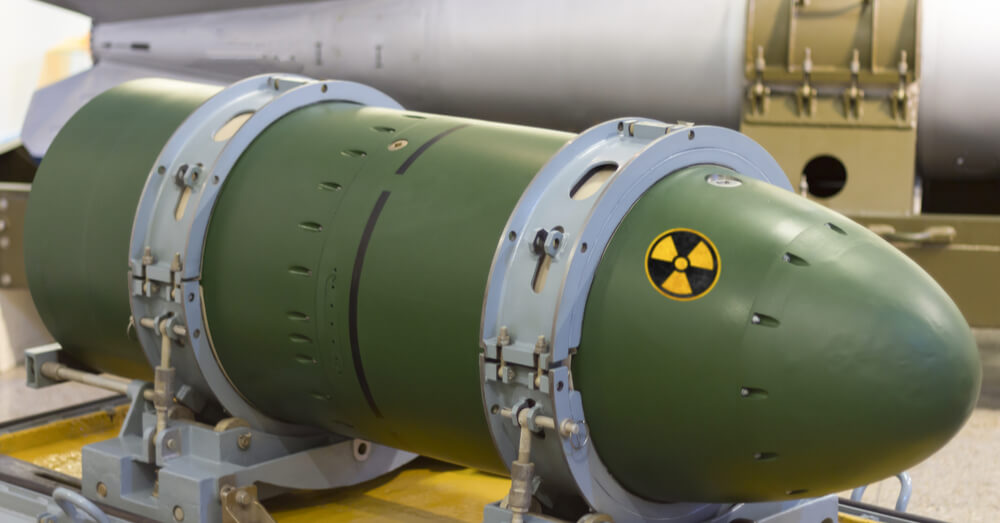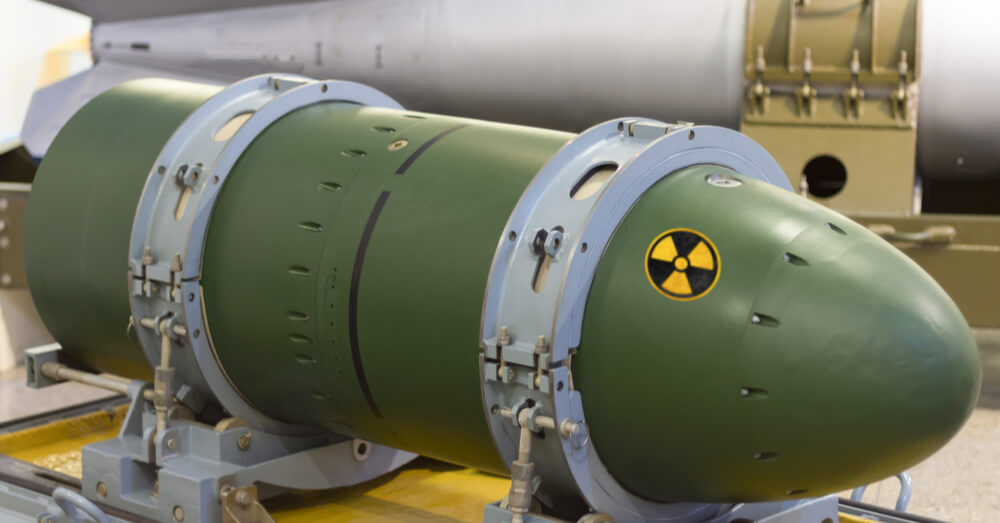
King’s College London published a report that argued blockchain could strengthen systems to verify nuclear dismantlement

The Centre for Science and Security Studies (CSSS) at King’s College London published a new report yesterday titled The Trust Machine: Blockchain in Nuclear Disarmament and Arms Control Verification. The report, authored by Dr Lyndon Burford, argues that blockchain technology has the potential to create practical cooperation on disarmament and arms control verification, and strengthen the Non-Proliferation Treaty by building trust between its members.
Dr Burford said, “Countries around the world face the critical policy challenge of reducing nuclear risks, and cooperative disarmament and arms control measures can help with that task. But governments often lack sufficient trust in each other to cooperate on such measures, partly due to strategic and legal concerns not to reveal sensitive information.”
The paper is aimed at policymakers and analysts who don’t necessarily have a background in blockchain, so sets out its key attributes in lay terms and relates each to the requirements of nuclear disarmament.
In particular, Dr Burford explained how consensus mechanisms could replace physical keys in the dual-key missile launch system, allowing for many more keys and alerting the whole system if anyone tries to turn their key.
He also detailed how public-key cryptography could be used to encrypt data such as a stockpile declaration, giving the declaring party the power to decide who could have access to the data and when, while allowing recipients of the data to authenticate its source and trust that it hadn’t been altered.
Furthermore, Dr Burford asserted that distributed storage in combination with hashing provided an extra layer of security by making it practically impossible for a malicious actor to secretly change data on the blockchain.
Projects around the world have already been exploring how distributed ledger technology (DLT) could strengthen safeguards and nuclear security. Back in 2017, a pilot study at Pacific Northwest National Laboratory found that blockchain could make the reporting of International Atomic Energy Agency (IAEA) safeguards more effective and efficient, and DLT could offer tamper-evident records of transactions. Also, Finland recently launched SLAFKA, the world’s first prototype of a national blockchain for nuclear material accounting and control.
The report finishes by proposing that projects such as the International Partnership for Nuclear Disarmament Verification and the Quad Initiative of Norway, Sweden, the UK and the US should start exploring how blockchain could contribute to strengthening nuclear disarmament and arms control verification.

